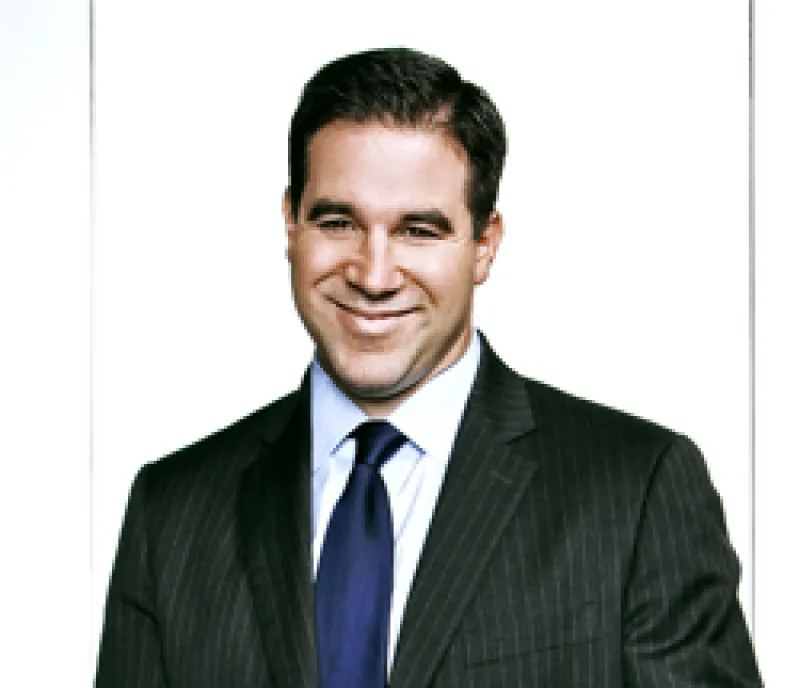
Scott Milleisen Quarterbacks Sports Finance For JPMorgan
Ever since it looked like the National Football League would lock out players at the start of the 2011 season in September, Scott Milleisen has been helping several teams prepare for the worst.
Stephen Taub
July 19, 2011



